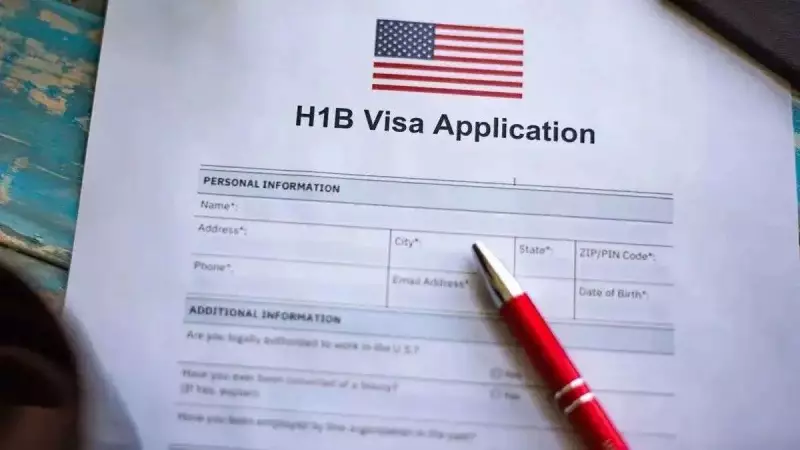
The H-1B visa landscape is facing a seismic shift with proposed regulations that could see certain employers paying a staggering $100,000 fee per application. This dramatic increase has sent shockwaves through the Indian tech community and US-based companies relying on skilled foreign talent.
Who Exactly Faces the $100,000 Fee?
The massive fee isn't universal. It specifically targets companies where more than 50% of their workforce holds H-1B or L-1 visas. This "H-1B dependent" classification now comes with a heavy financial burden designed to discourage what lawmakers call "visa abuse" by certain consulting firms and IT service providers.
Key Exemptions You Need to Know
Not everyone will be reaching for their checkbooks. Important exemptions include:
- Employers offering annual salaries of $135,000 or more
- Universities and non-profit research organizations
- Companies sponsoring employees for green cards
- Small businesses and startups not meeting the dependency threshold
Beyond the Headline Fee: Other Significant Changes
The proposed rules introduce several other critical modifications:
- Increased Base Fees: Standard H-1B application fees are set to rise significantly
- Asylum Program Fee: New $600 charge to fund the US asylum system
- Fraud Prevention Measures: Enhanced scrutiny and compliance requirements
- Premium Processing Changes: Revised timelines and costs for expedited service
Impact on Indian Professionals and Companies
For Indian IT giants and consulting firms with large H-1B dependencies, this could mean restructuring their US operations and hiring strategies. However, high-wage earners and professionals in specialized roles may find themselves unaffected or even in higher demand as companies prioritize quality over quantity.
What's Next for H-1B Applicants?
While these changes are proposed, they haven't been implemented yet. The rulemaking process involves public commentary and potential legal challenges. Companies and prospective applicants should:
- Monitor official USCIS announcements closely
- Consult with immigration attorneys about strategic planning
- Consider alternative visa options where applicable
- Prepare for potential increased compliance costs
The H-1B program, long criticized by both immigration advocates and restrictionists, appears headed for its most significant overhaul in years. For thousands of Indian professionals dreaming of American careers, understanding these changes has never been more critical.





